Discover the Flawed Genius of Guitar Master Lenny Breau
A hero and mentor to guitar greats like Steve Vai, Andy Summers, and Randy Bachman this rare virtuoso was a giant among giants.
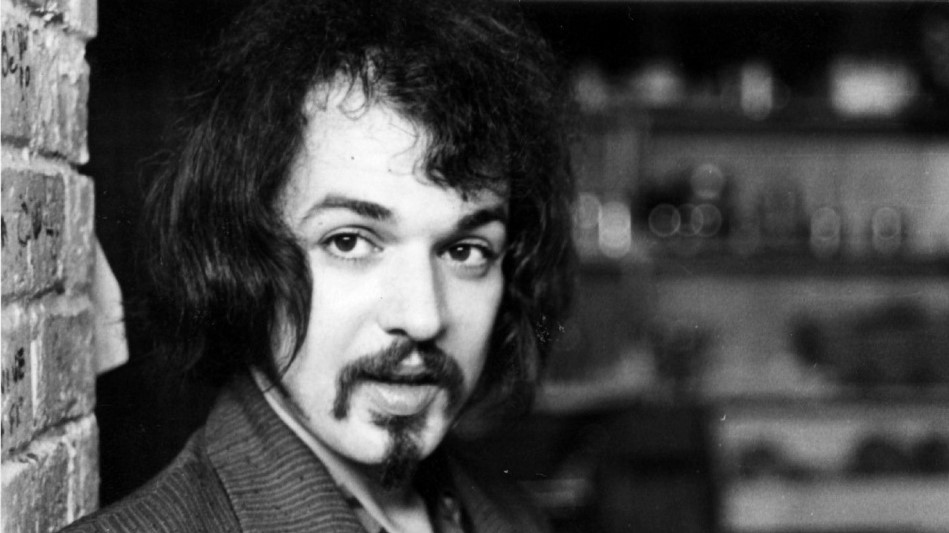
All the latest guitar news, interviews, lessons, reviews, deals and more, direct to your inbox!
You are now subscribed
Your newsletter sign-up was successful
Lenny Breau has been revered by some of the world’s greatest guitarists for his stylistic range, technical fluency and uniquely expressive musical voice. From his early country recordings to his landmark jazz sessions, flamenco stylings and collaborations with artists like Chet Atkins and pedal-steel guitarist Buddy Emmons, the Canadian-raised Breau was and remains a touchstone for anyone who loves or plays acoustic or electric guitar.
Beyond his talent on the instrument, he could sing and had the looks and personality to be a star. His death in 1984, under mysterious circumstances, cut short an impressive career in which he took the guitar to new heights.
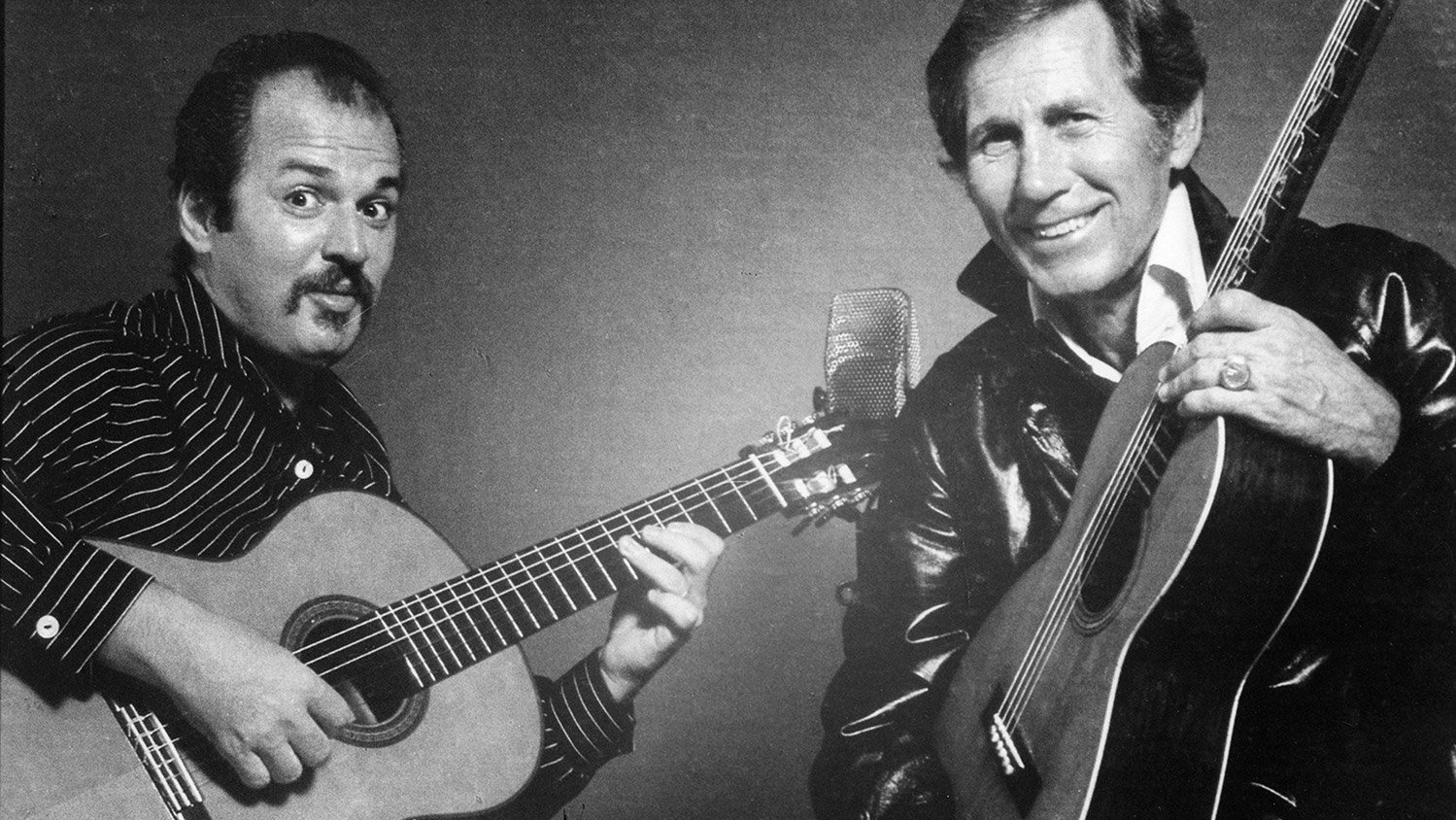
Breau’s life and exceptional ability have been remembered and celebrated in a pair of documentaries from his daughter, Emily Hughes. They include 1999’s The Genius of Lenny Breau, which received a Gemini Award from the Academy of Canadian Cinema & Television and was in recently remastered and reissued; and Hughes’ 2018 follow-up, The Genius of Lenny Breau Remembered.
Together, the films create a compelling portrait of a guitar master and the significant impact he had on other players, many of whom speak on camera about his talent and influence. The word genius gets thrown around all too easily, and that’s precisely what makes the title The Genius of Lenny Breau so fitting.
Breau so effortlessly blended jazz, classical, country, flamenco and other styles that the resulting music can only be described with his name. This documentary vividly proves that point, with world-renowned masters like Atkins, Andy Summers, Pat Metheny, George Benson and others reminiscing about Lenny in glowing, awestruck quotes. Breau’s brilliance truly comes through, however, in his playing, both on the soundtrack and in the rare archival performance footage.
The film contains stories about Lenny the child prodigy playing with his musician parents, and even touring with them at the age of 14. There are great scenes with Atkins, who befriended and mentored a young Breau, and interviews with monster players and top-level educators who try to describe just how far ahead of the pack he truly was.
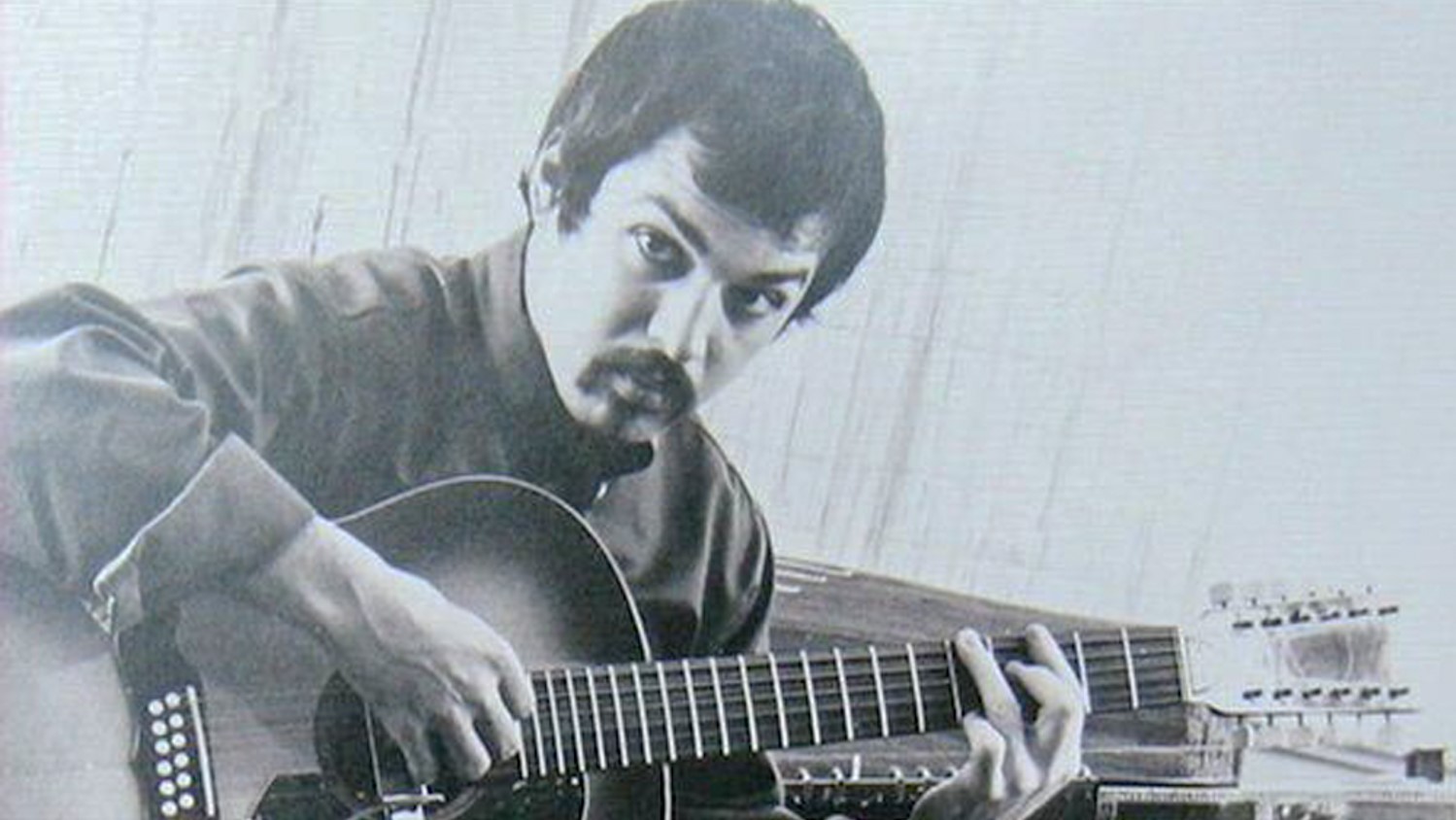
Breau’s sense of melody, harmony and counterpoint made the virtuosic playing of legends like Atkins and Jerry Reed seem almost simplistic by comparison. Metheny earnestly states at one point, “He came up with a way of addressing the instrument technically that nobody had done before, and nobody has ever done since.”
All the latest guitar news, interviews, lessons, reviews, deals and more, direct to your inbox!
Many of the interview subjects talk about Breau’s signature technique – his gorgeous cascading harmonics – and it was typically the first thing guitarists asked about when they met him. Metheny and others marvel at not just the technique, which is so personal to Breau’s style, but also at his willingness to demonstrate and share it.
That generous and open spirit is an overriding theme in the film, and Andy Summers and Randy Bachman both tell fascinating stories of getting lessons from Lenny and the profound impact that study had on them.
Throughout The Genius of Lenny Breau, we get to see Breau work his magic on a variety of instruments, including nylon- and steel-string acoustics, a Baldwin hollowbody and his custom Kirk Sand 7-string, which featured a high-A string. The film’s classroom scenes, where he plays that guitar through a Yamaha combo, provide an amazing glimpse into his unique approach to chord voicings and the sheer ease with which he employed his phenomenal technique, always in the service of the tune.
Breau is remarkably affable and humble in front of the class, whose students are clearly blown away by the level of skill they’re witnessing. Lenny’s genius could be accompanied by demons, however, which ultimately contributed to his tragic passing. Hughes unflinchingly examines her father’s struggles with drugs and alcohol and his toxic relationship with his wife, Jewel, creating a riveting and heart-wrenching story to accompany the gorgeous soundtrack.
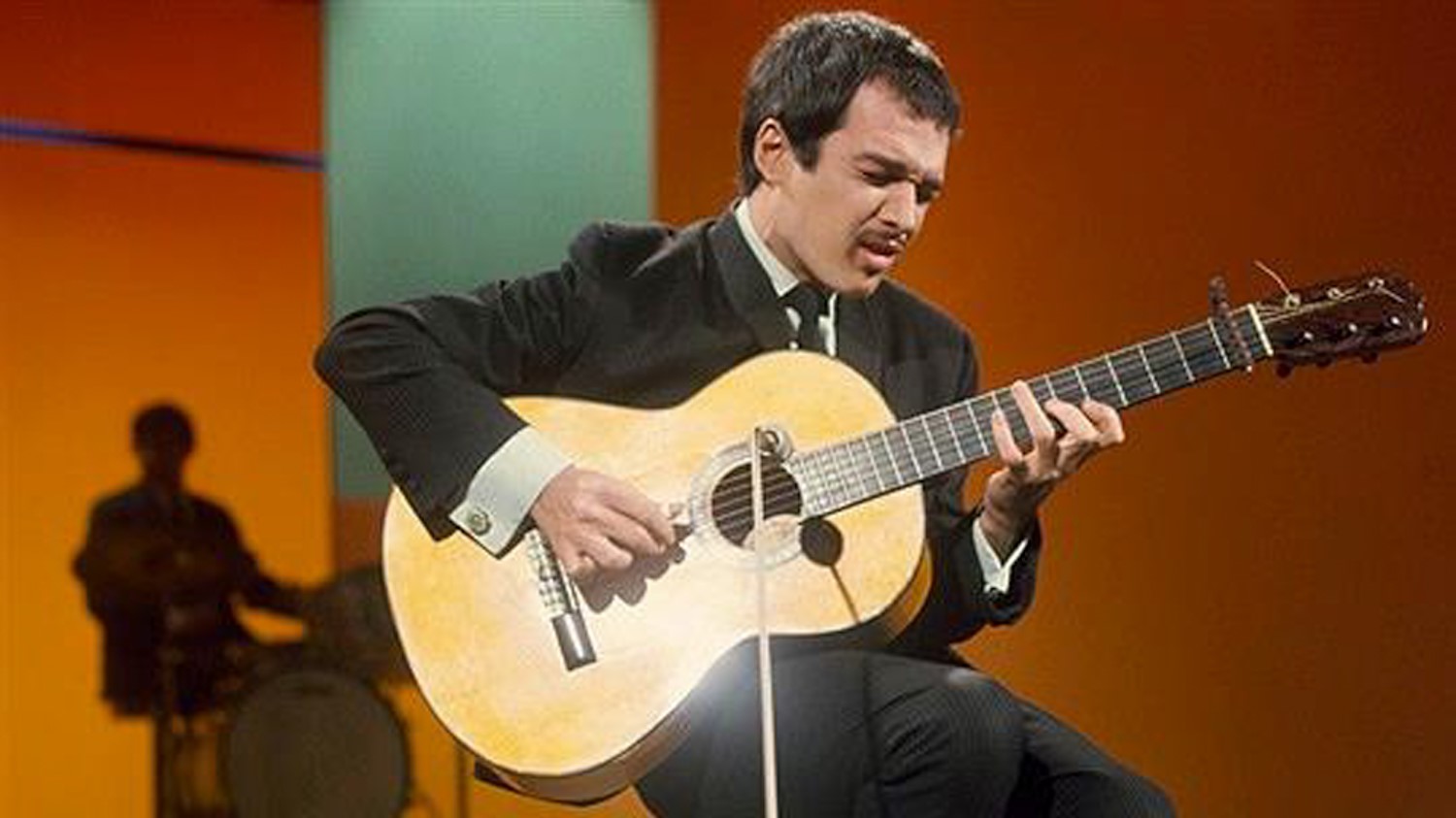
But the film is still, ultimately, a celebration of Breau’s gifts and the lives he touched. Because of his uncompromising artistic vision, coupled with his premature death in the pre-Internet era, his music understandably never received the recognition that it deserved, and this powerful film goes a long way toward rectifying that injustice.
Following the release of her first documentary, Hughes discovered more footage of her dad, and many additional guitarists emerged with tales they wanted to share. Those stories, along with outtakes from the original film, add up to more than two hours of bonus material, which is presented in the five featurettes that make up The Genius of Lenny Breau Remembered, a companion piece to Hughes’ original film. The chapters are titled “Innovation and Influence,” “Humility and Humor,” “Drugs,” “Beyond Reasonable Doubt” and “Stories,” and they further illuminate Breau’s visionary musicality while shedding light on his substance abuse and death.
The musicians tell a big part of the story here. Among them is Phil deGruy, who comes across as not only a great guitarist and huge fan (“Lenny was like the first guy on the moon!”) but also a dear friend. Steve Vai and Brent Mason both show a deep knowledge and appreciation of Breau’s work, and the interviews with Ted Greene – some of the last ones he did – are particularly insightful. His emotive playing is beautiful, and he’s able to clearly demonstrate aspects of Lenny’s style. Greene also articulates how Lenny’s delicate touch and sensibility lent an incredible elegance and gentle quality to his playing.
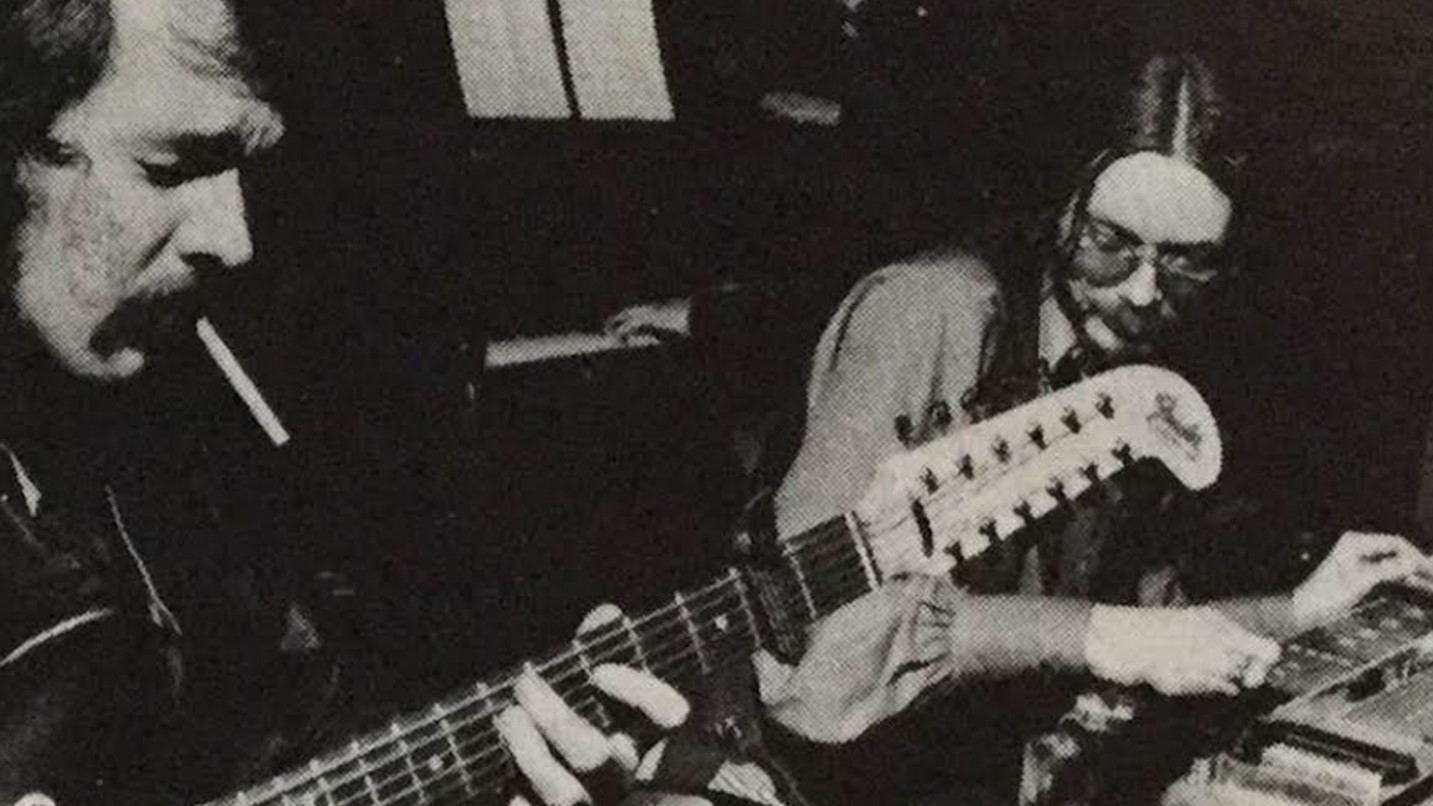
The darker aspects of Breau’s life are candidly examined in “Drugs” and “Beyond Reasonable Doubt.” It’s intriguing to hear guitarist and friend Stephen Anderson talk about the effects various substances had on Breau’s abilities. (Apparently, he could play great on heroin, less so on booze.)
Tommy Chong and others speculate how certain drugs facilitated Breau’s musical vision at times, but they all emphasize that the vision was always there. For a lesser artist, these might be defining narratives, but Lenny’s genius allowed him to withstand and rise above it all – everything except, of course, his murder.
Although the film can’t prove it conclusively, the signs point to Jewel as his killer. While the tragedy clearly continues to affect the interview subjects, it’s a testament to Breau’s brilliance that the grief never overshadows his music.
What The Genius of Lenny Breau Remembered ultimately leaves us with is the deep love that his guitarist friends have for both the man and his music. Although, or perhaps because, every one of them is in awe of his undeniably otherworldly abilities, they are still able to grin and laugh when recalling their stories of the guy and his talents.
Fellow Chet disciple John Knowles smiles as he sums it up superbly: “If Lenny were around today, he’d still be leading the pack, because he had such a big head start.”
Rent or buy these incredible films – The Genius of Lenny Breau and The Genius of Lenny Breau Remembered – here.
